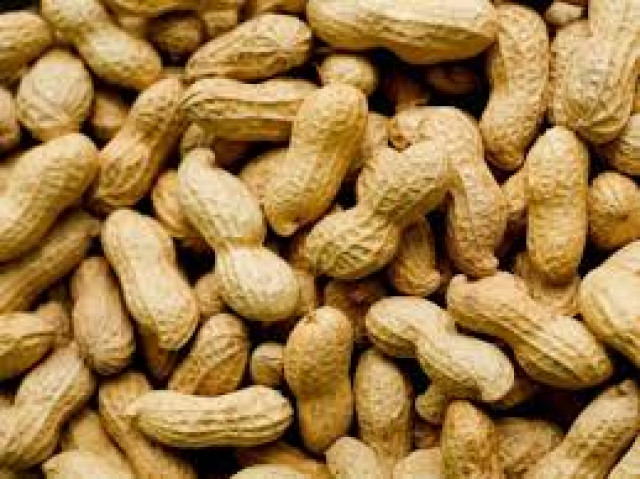Eat nuts to reduce inflammation
The study examines the link between nut intake and inflammation

The study examines the link between nut intake and inflammation. PHOTO: FILE
Five or more servings of nuts per week or substituting nuts for animal proteins tied to a healthy profile of inflammatory biomarkers, the findings showed.
Eat tree nuts, stay slim
"Population studies have consistently supported a protective role of nuts against cardiometabolic disorders such as cardiovascular disease and Type-2 diabetes, and we know that inflammation is a key process in the development of these diseases," said corresponding author Ying Bao from Brigham and Women's Hospital in Boston, Massachusetts.
"Our new work suggests that nuts may exert their beneficial effects in part by reducing systemic inflammation," Bao noted.
 PHOTO: FILE
PHOTO: FILEIn the current study, the research team performed a cross-sectional analysis of data from the Nurses' Health Study, which includes more than 120,000 female registered nurses, and from the Health Professionals Follow-Up Study, which includes more than 50,000 male health professionals.
7 Reasons why you must include walnuts in your diet
The team assessed diet using questionnaires and looked at the levels of certain telltale proteins known as biomarkers in blood samples collected from the study participants.
They measured three well established biomarkers of inflammation -- C-reactive protein (CRP), interleukin 6 (IL6) and tumour necrosis factor receptor 2 (TNFR2).
 PHOTO: FILE
PHOTO: FILEAfter adjusting for age, medical history, lifestyle and other variables, they found that participants who had consumed five or more servings of nuts per week had lower levels of C-reactive protein and interleukin 6 than those who never or almost never ate nuts.
Crunchy delight: Demand for peanuts rises in Swat
In addition, people who substituted three servings per week of nuts in place of red meat, processed meat, eggs or refined grains had significantly lower levels of biomarkers of inflammation, showed the study published in the American Journal of Clinical Nutrition.
Peanuts and tree nuts contain a number of healthful components including magnesium, fibre, L-arginine, antioxidants and unsaturated fatty acids such as linolenic acid.



















COMMENTS
Comments are moderated and generally will be posted if they are on-topic and not abusive.
For more information, please see our Comments FAQ